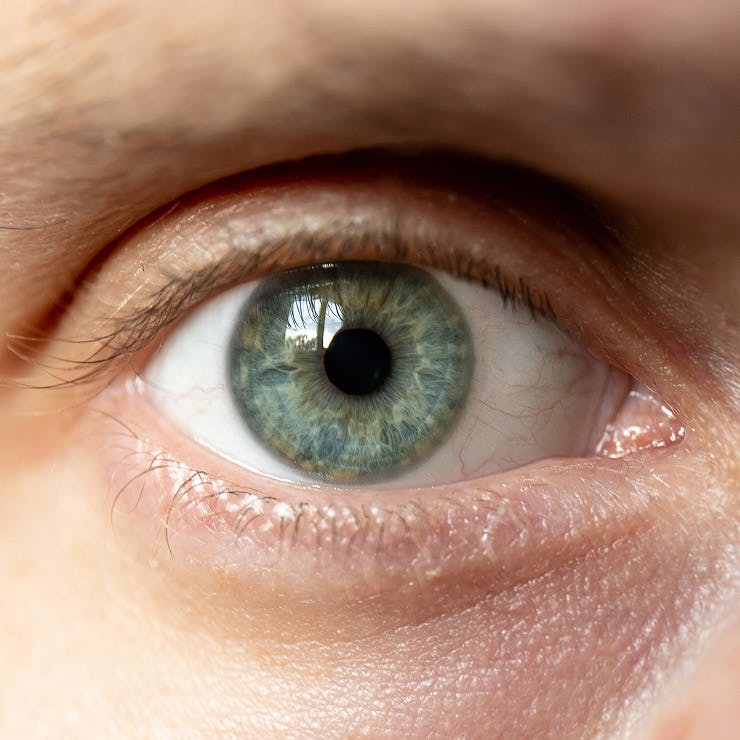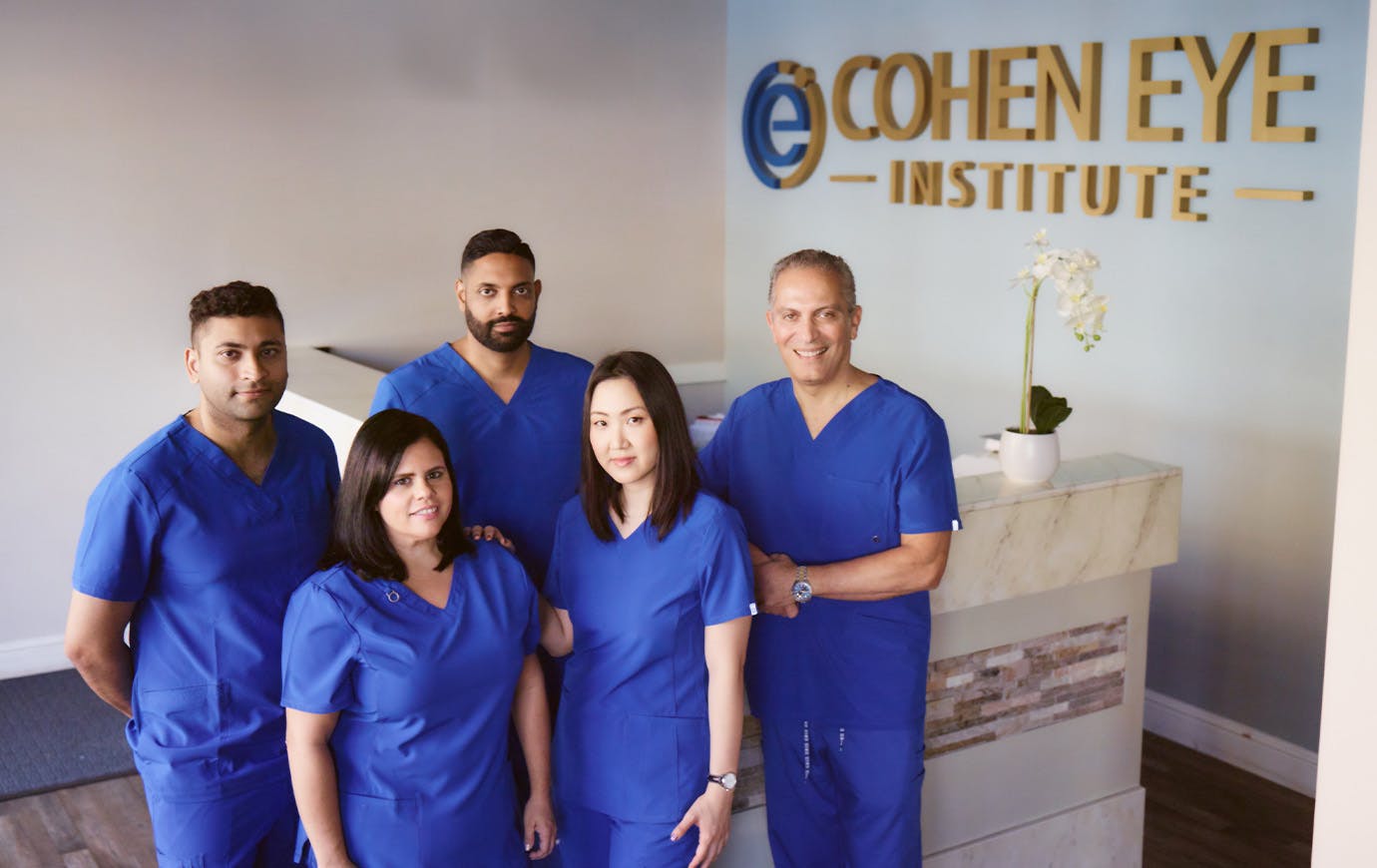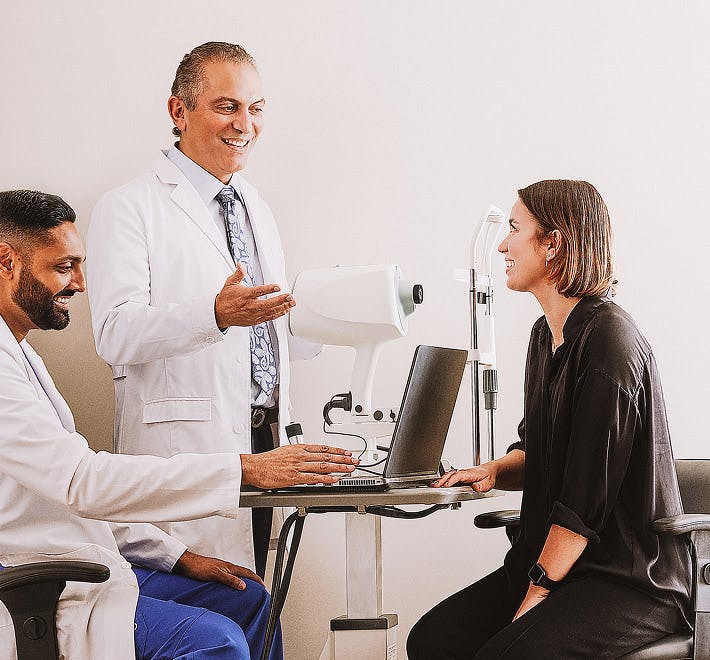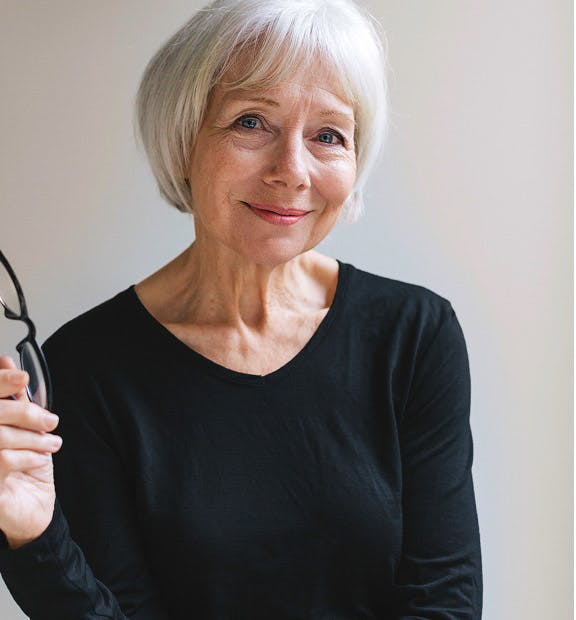Hyperopia treatment in Queens can help you see near objects more clearly and reduce reliance on reading glasses or other corrective lenses.
What Is Hyperopia?
Hyperopia, or farsightedness, is a refractive error where distant objects appear sharp, but items up close tend to blur.
In a hyperopic eye, either the eyeball is shorter than normal or the cornea is too flat, causing light entering the eye to focus behind the retina instead of directly on it. This leads to problems focusing on nearby objects, and many individuals develop eye strain or headaches when performing close-up tasks.
While mild hyperopia can go unnoticed for years, more advanced cases may significantly impede reading, using digital devices, or doing intricate work.











